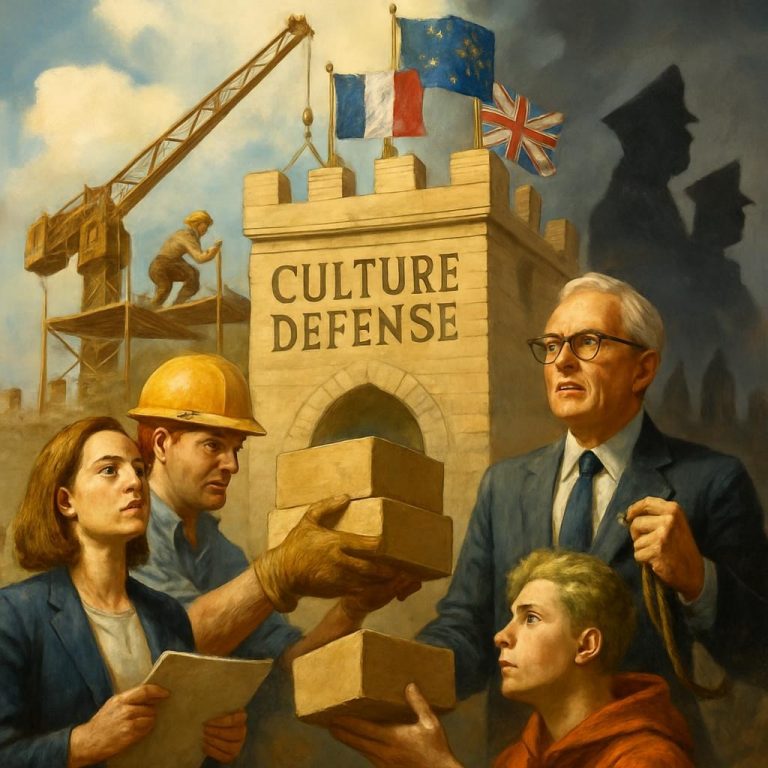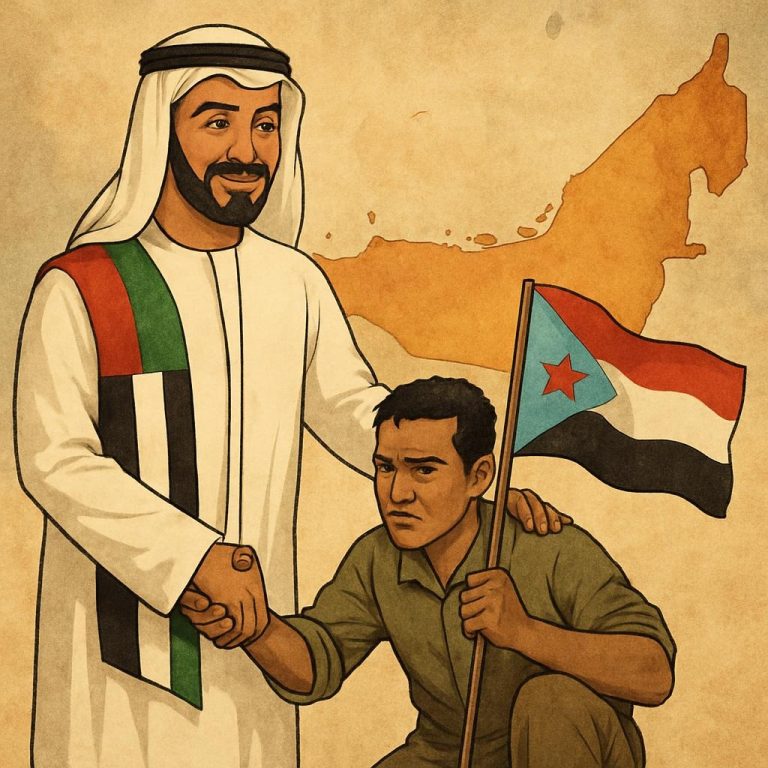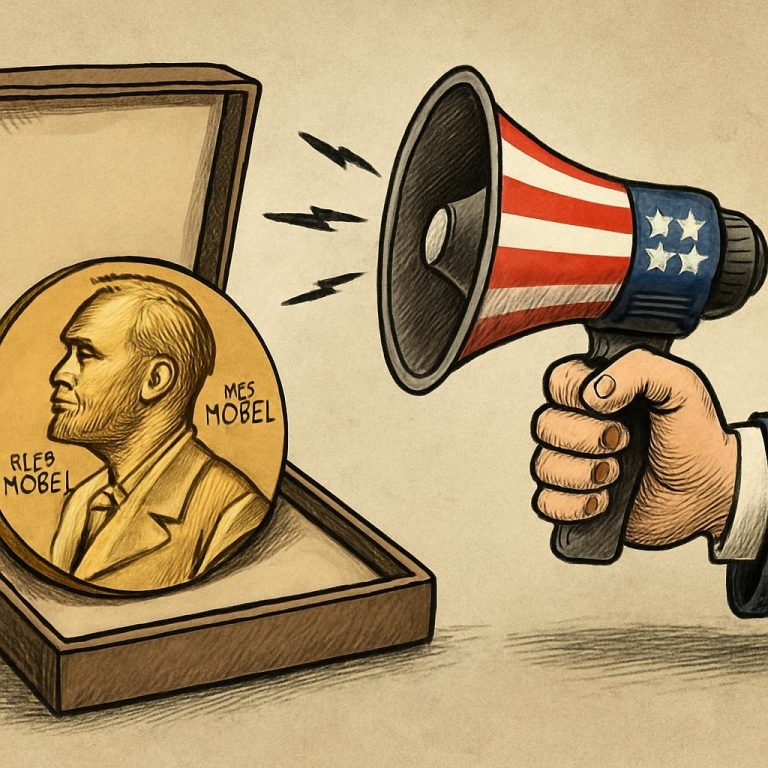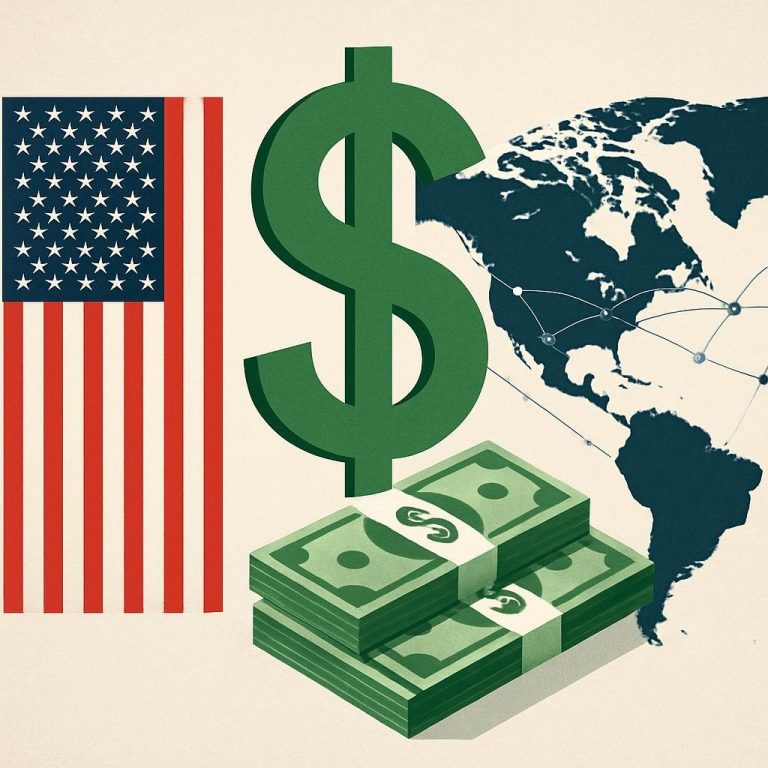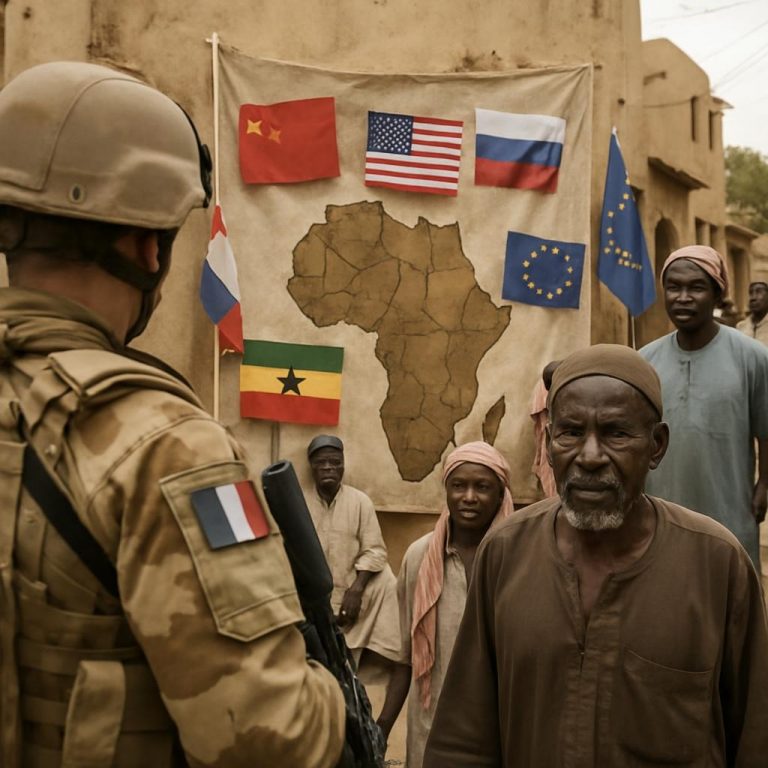
The rise of extremism is deeply intertwined with the structural and political limitations of the United Nations and major powers. From veto paralysis to selective interventions, these shortcomings have created vacuums where extremist ideologies thrive. Below are detailed answers to each question, with sources and a curated list of documentaries that explore these themes.
🌍 Global Extremism and International Governance
- UN enforcement failures allow extremist ideologies to spread by creating power vacuums and undermining global norms. Extremists exploit unresolved conflicts and weak governance.
Source United Nations Office on Drugs and Crime - Veto powers block unified action, often preventing resolutions that could curb extremism in hotspots like Syria or Gaza.
Source iunwatch.org - Lack of coordination among major powers in regions like the Sahel has enabled extremist groups to expand across borders.
Source press.un.org - Selective interventions by powerful nations—such as Libya vs. Rwanda—fuel resentment and radicalization by appearing self-serving.
Source Springer - UN failure to prevent civil wars and humanitarian crises—as seen in Sudan and Syria—creates fertile ground for extremism.
Source RFI - Inconsistent foreign policies—like supporting authoritarian allies while condemning others—undermine credibility and fuel extremist networks.
Source globalextremism.org - UN’s limited influence in failed states allows extremist groups to flourish, especially where governance collapses.
Source United States Institute of Peace - Hypocrisy in democracy promotion—e.g., arms deals with autocracies—feeds extremist narratives of Western double standards.
Source Freedom House - UN’s inability to address global inequality contributes to radicalization by leaving millions in poverty and despair.
Source Naciones Unidas - Military interventions without UN consensus—like Iraq—undermine international law and legitimize extremist propaganda.
Source militarydispatches.com
🕊️ Diplomacy, Accountability, and Reform
- Structural weaknesses in the UN—including bureaucracy and lack of enforcement power—limit its ability to counter extremism.
Source CIDOB - Lack of accountability for major powers erodes UN credibility and emboldens extremist narratives of global injustice.
Source Oxford Academic - Reforming the UN Security Council—especially limiting veto power—could enable more effective counter-extremism efforts.
Source Carnegie Endowment for International Peace - Failure to resolve long-standing conflicts—like in Palestine or Mali—leaves youth vulnerable to radicalization.
Source Vision of Humanity - Diplomatic strategies to address extremism include inclusive governance, human rights protections, and development-based peacebuilding.
Source United Nations Development Programme
🎥 Documentary Watchlist: Extremism, UN Failures & Global Power
- The Fog of War (2003) – Explores U.S. foreign policy and unintended consequences of military action.
- Putin vs The West (BBC Select) – Reveals geopolitical tensions and UN paralysis.
- Mariupol: The People’s Story – Documents civilian suffering amid global inaction.
- The UN is Failing (Global4Cast) – Investigates systemic flaws in global governance.
- Why We Fight (2005) – Examines the military-industrial complex and its global impact.
- The Final Year (2017) – Follows U.S. diplomacy and UN engagement during the Obama administration.
- Shadow World (2016) – Exposes corruption in global arms deals and its link to extremism.
Sources: YouTube factualamerica.com BBC Select global4cast.org
🔑 Keywords
UN Security Council, veto power, extremism, radicalization, failed states, humanitarian crises, foreign policy, authoritarian regimes, inequality, military intervention, youth radicalization, UN reform, diplomacy, global governance, documentaries on extremism.
